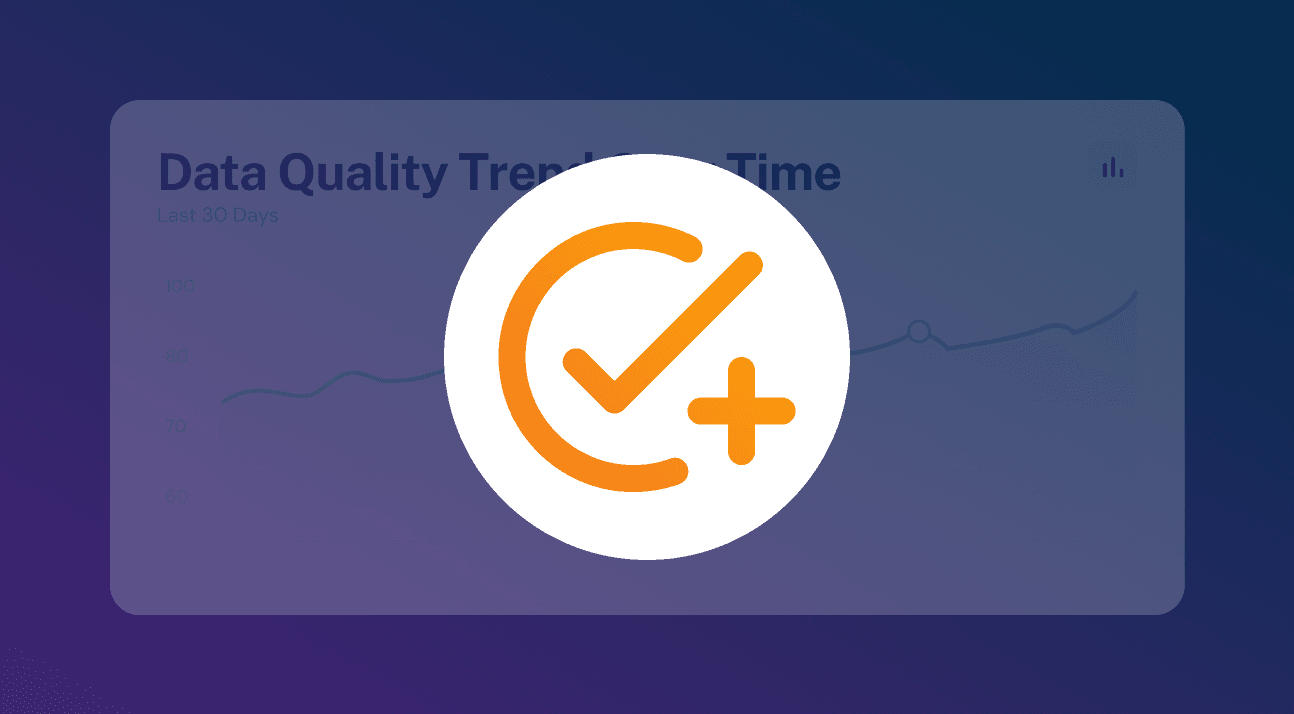Data Digest

Blog
Introducing the Alation Data Products Marketplace: Trusted, High-Impact Data at Speed
Modern organizations face a persistent challenge: balancing rapid insights with the need for trust, security, and compliance. Business leaders need fast access to data, but centralized data teams often become bottlenecks, delaying decision-making. Conversely, decentralized teams promote agility but can introduce inconsistencies in quality and governance. This tension, known as the "Speed vs. Trust Conflict," prevents organizations from fully harnessing their data.
Read now

Blog
Announcing Alation Data Quality: Restoring Trust in Your Data
Today, quality data can often spell the difference between business success and failure. In fact, Gartner projects that poor data quality costs the average business about $12.9 million each year. Small wonder, as poor data quality leads to flawed AI models, operational errors, and costly decisions – creating distrust between data producers and consumers. This lack of trust can severely hinder an organization's ability to make informed decisions and achieve desired outcomes.
Read now
Filter by
Loading...
1 of 67
